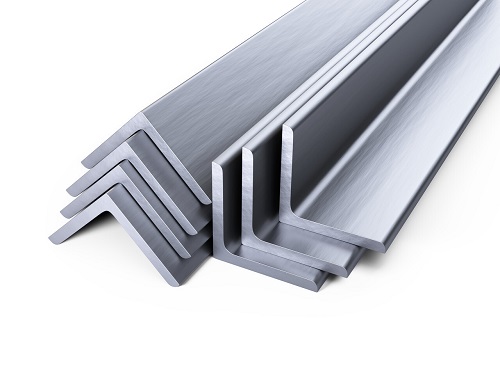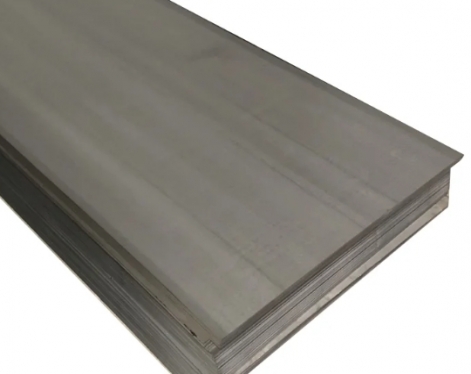1.Is Angle Steel Cheaper Than Square Tubing?
The prices of angle iron and square tube vary depending on factors such as material, specification, and market demand. Generally, for the same specification of steel, the price of angle iron will be slightly more expensive than that of square tube. However, due to changes in market demand, the price will also be adjusted accordingly. Therefore, whether it is angle iron or square tube, the price changes according to market conditions, and there is no fixed price difference.
2. Is Angle Iron Stronger Than Square Tubing?
The strength of angle iron is higher than that of square tube. This is mainly because angle iron is divided into two types: equal-sided and unequal-sided. It has fewer edges and corners and is not easy to produce stress concentration during use, resulting in reduced strength. In contrast, although square tubes have some advantages, such as simple manufacturing process, relatively low cost, regular shape and easy processing, can withstand greater positive pressure and better bending resistance, angle iron performs better in terms of strength. In addition, the strength of steel bars is also greater than that of angle iron. The tensile strength of steel bars is around 335MPa, while the tensile strength of angle iron is between 200MPa and 450MPa, which further proves the strength advantage of angle iron. Therefore, in actual engineering, when choosing suitable materials, angle steel may be more suitable in some application scenarios due to its higher strength.3.Square Tube vs Angle Iron Trailer
| Feature | Square Tube Trailer | Angle Iron Trailer |
|---|---|---|
| Shape | Square hollow section | L-shaped solid or hollow section |
| Material | Steel, stainless steel, aluminum | Steel, stainless steel, aluminum |
| Strength | High resistance to bending due to uniform cross-section | Good load-bearing along the longer leg, weaker in the direction of the shorter leg |
| Applications | Main structural frame, provides stability and uniform load distribution | Connection pieces, support structures, and where welding and fixing of components are required |
| Weight | Generally lighter due to hollow structure | Generally heavier due to solid structure or thicker walls |
| Fuel Efficiency | May improve fuel efficiency due to reduced weight | May be less fuel-efficient due to increased weight |
| Cost | Can be more or less expensive depending on material and supplier | Typically more economical or easier to fabricate in certain applications |
| Design Flexibility | Offers more flexibility in structural design due to symmetrical properties | Less flexible due to asymmetrical shape, but suitable for specific connection and support roles |
| Manufacturing | May require more precise machining and welding techniques | Easier to work with due to familiar L-shape and availability of standard cutting and welding methods |
4.Square Tube and Angle Iron:Comprehensive Comparison
| Feature | Angle Iron | Square Tubing |
|---|---|---|
| Shape | L-shaped with a 90-degree angle | Square hollow cross-section |
| Material | Carbon steel, stainless steel, aluminum | Steel, stainless steel, aluminum |
| Strength | Stronger along the longer leg | Uniform strength in all directions |
| Applications | Framing, support structures, machinery frames | Structural applications, scaffolding, fencing, architectural projects |
| Variability | Comes in various sizes with different leg lengths and thicknesses | Uniform wall thickness with varying square dimensions |
| Load Bearing | Stronger in the direction of the longer leg | Uniform load-bearing capacity in all directions |
| Flexibility | Less flexible due to asymmetrical shape | More flexible due to symmetrical shape and uniform properties |
| Aesthetics | Dependent on the project's design preference | Offers a clean, modern look with uniform edges |
| Cost | Varies based on material, size, and supplier | Generally similar price per unit weight, but can vary based on material and supplier |









